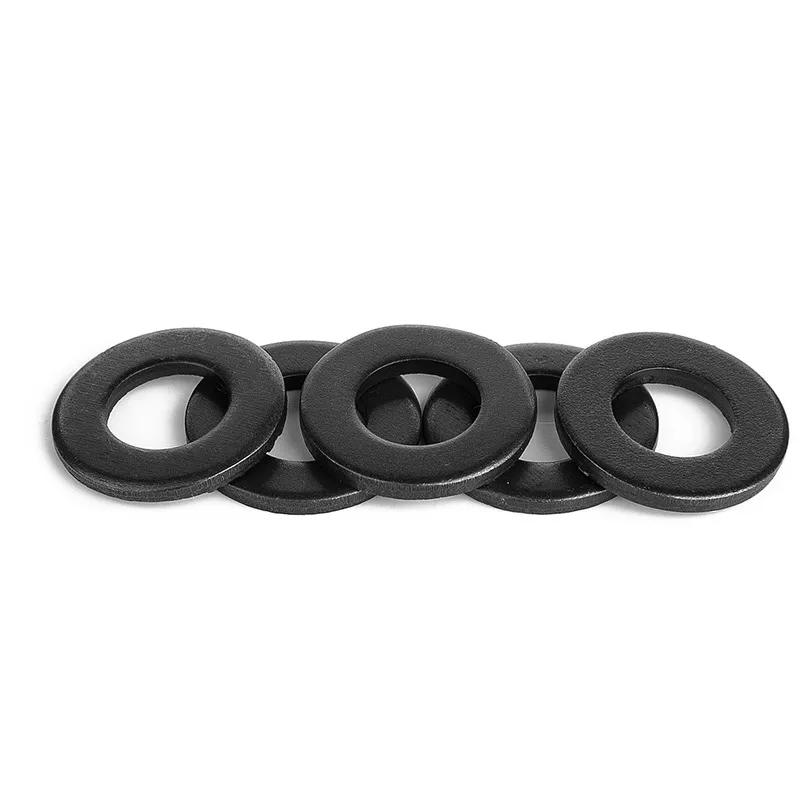

Understanding the Benefits and Uses of Metric Self Tapping Screws in Various Applications
Tem . 28, 2024 05:20 Back to list
Understanding the Benefits and Uses of Metric Self Tapping Screws in Various Applications
Understanding Metric Self-Tapping Screws A Comprehensive Guide
Self-tapping screws are indispensable fasteners in various applications, leveraging their unique design to create their own mating threads when driven into materials. Among them, metric self-tapping screws are particularly noteworthy, as their dimensions and specifications follow the metric system, making them widely used in many regions globally. This article delves into the features, benefits, applications, and selection tips regarding metric self-tapping screws.
Features of Metric Self-Tapping Screws
Metric self-tapping screws are designed with a sharp point and threads that extend down to the tip, allowing them to penetrate materials such as metal, plastic, and wood without requiring a pre-drilled hole. Their design often incorporates a range of head styles, including pan, flat, and hex, catering to various applications and usability requirements. The metric system is defined through the International System of Units (SI), where screw dimensions are expressed in millimeters (mm), allowing for straightforward conversions and standardization across products and regions.
Several materials can be used to manufacture metric self-tapping screws, including steel (often coated for corrosion resistance), stainless steel, and sometimes even plastic. The choice of material depends on the intended application and environmental conditions, like exposure to moisture or chemicals.
Benefits of Using Metric Self-Tapping Screws
One of the primary benefits of metric self-tapping screws is their ability to speed up the fastening process. Without needing to tap threads separately, these screws can be quickly installed, enhancing efficiency, especially in large-scale manufacturing settings. Additionally, their strength and reliability make them suitable for a range of projects, from construction to automotive assembly.
Furthermore, metric self-tapping screws offer excellent grip in various materials. Since they cut their own threads, they can adapt to minor variations in material density and texture, ensuring a stable hold. Their robust design also provides resistance to vibration, making them a favored choice for applications where mechanical movement is prevalent.
Applications of Metric Self-Tapping Screws
metric self tapping screws

These versatile fasteners find utility across a wide spectrum of industries. In the automotive sector, they are commonly used for assembling engine components, body panels, and interior fixtures. In the construction industry, metric self-tapping screws are utilized in wood framing, drywall installation, and in anchoring materials to concrete.
They are also prevalent in electronics for securing components to housings, in appliances for assembly, and in furniture manufacturing for easy assembly and disassembly. Their applications extend to home improvement projects, where DIY enthusiasts often use them to repair or create structures with various materials.
Selecting the Right Metric Self-Tapping Screw
When selecting metric self-tapping screws for a particular project, several factors should be considered
1. Material Compatibility Ensure the screw material is suitable for the base material it will be fastened to, taking into account factors like corrosion resistance. 2. Screw Size Choose the correct length and diameter. The diameter should be compatible with the load it needs to bear, while the length should allow for adequate grip without protruding excessively beyond the material.
3. Head Style The choice between flat, pan, or hex heads depends on the aesthetic preference and the tools available for installation.
4. Thread Design Fine threads may be suitable for softer materials, while coarse threads are better for harder materials to ensure maximum grip.
In conclusion, metric self-tapping screws are a vital component in modern manufacturing and construction practices. Their ease of use, adaptability, and strength make them essential tools for both professional and DIY projects alike. Understanding their characteristics and proper selection can lead to successful outcomes in various applications.
Latest news
-
Premium Fasteners Manufacturer | AI-Driven Solutions
NewsAug.01,2025
-
Hot Dip Galvanized Bolts - Hebei Longze | High Strength, Corrosion Resistance
NewsAug.01,2025
-
High-Strength Hot Dip Galvanized Bolts - LongZe | Corrosion Resistance, Custom Sizes
NewsAug.01,2025
-
Best Self Tapping Screws for Drywall - Fast & Secure Installation
NewsJul.31,2025
-
High-Strength Hot Dip Galvanized Bolts-Hebei Longze|Corrosion Resistance&Customization
NewsJul.31,2025
-
Hot Dip Galvanized Bolts-Hebei Longze Metal Products|Corrosion Resistance&High Strength
NewsJul.31,2025

